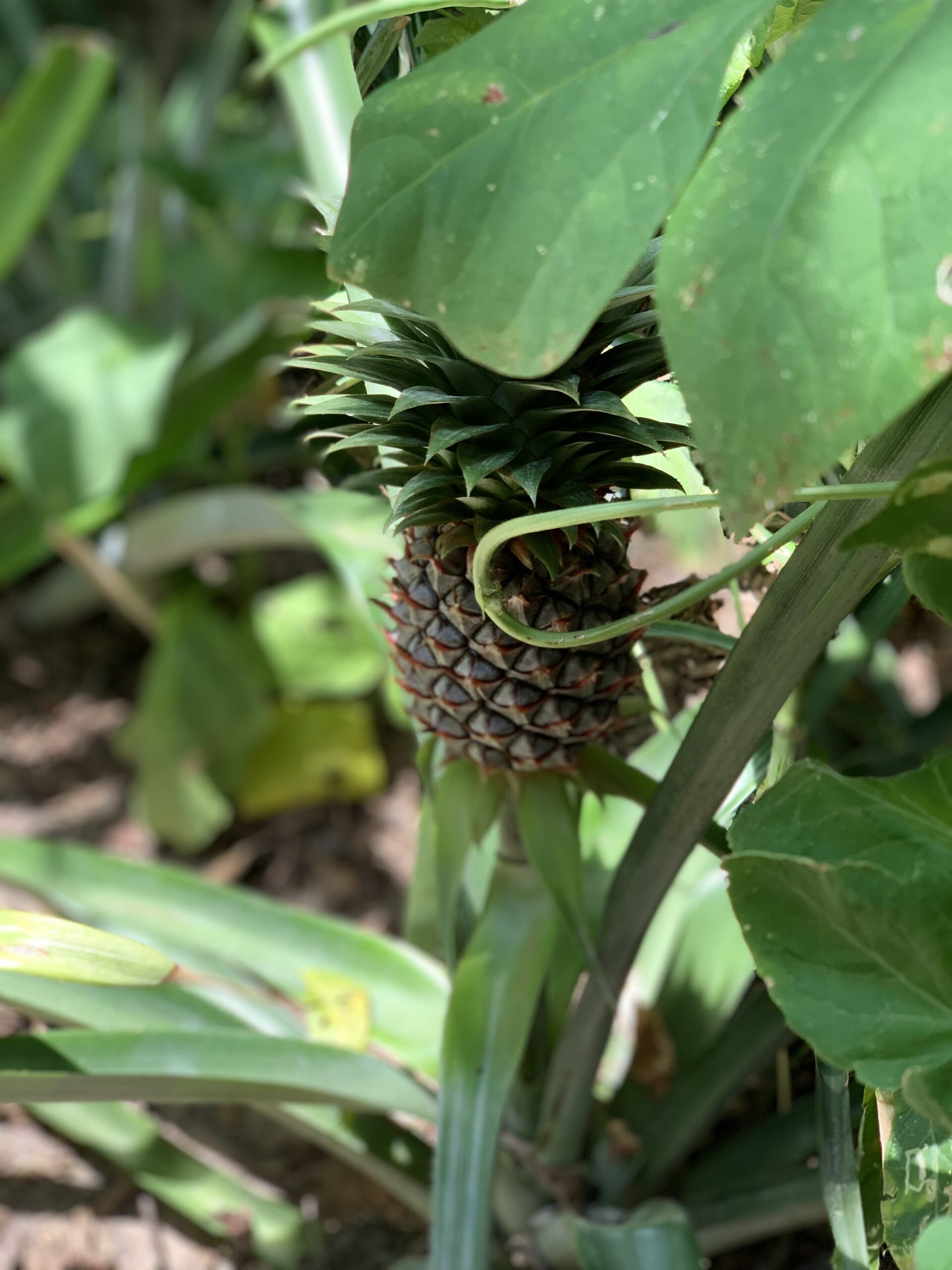Forward Step Organization (FSO) trains girls, youths, and young women from low-income families living on dry land with high temperatures by teaching modern organic homestead farming skills.

Why do we need to train resilient self-sufficient farming methods?
Resilient farming methods are urgently needed to address the rapid changes in environmental conditions caused by climate change. Rising temperatures, strong rainfall, and soil degradation are making farming and self-sufficient gardening increasingly difficult, especially in low-income rural communities. These challenges disproportionately affect women and young people, who often rely on small plots of land for food and income.
Training in self-sufficient farming methods equips community members with the skills and knowledge to adapt to these changing conditions. Thus, FSO investigates and carries out experiments on soil, water, crops, pests et cetera at FSO Learning Center in Bagamoyo Town in order to increase food production and lower the cost of its production while improving the environment. Consequently, they train organic farming, soil conservation, and efficient water use to increase food security and reduce the dependence on external resources.
This approach not only addresses immediate challenges but also builds long-term resilience, ensuring that families can thrive despite environmental uncertainties.
Applying ancient knowledge for contemporary challenges
Ashes in soil have been used as fertilizers for thousands of years. Biochars are also well known as soil fertilizers, e.g. as Terra Preta. It allows possibilities at the FSO facilities, but also within the Bagamoyo environment, to implement low-cost but highly efficient waste treatments with kilns and furnaces.
In 2018, I supported the FSO in a collaborative project with civil engineering students of the Technical University Munich, Germany, partially funded by a grant of BASF Germany. While building a concrete floor and walls with the locally available sandcrete bricks, as material scientist, I was interested in finding solutions for more sustainable and durable building materials. With rice husks being abundantly available as agricultural waste from rice production in Bagamoyo and its outskirts, together with the FSO board member Vincent Ssekamatte, we constructed a furnace at the site of FSO to produce reactive rice husk ashes from collected dried husks, that are, most commonly, not used apart from animal bedding. In preliminary tests and together with students of TUM, we investigated the suitability of rice husk ashes as partial cement replacement to lower both the carbon footprint and the local material costs. However, rice husk ashes are not only a suitable cement replacement but can also fertilize soils due to their high adsorption potential and embedded minerals in the ashes. They can increase the pH value of soils and stabilize the acidic level.
FSO has made use of the implemented furnace on their site to produce rice husk ashes and fertilize their soils:

More tests on the production of ashes and biochars from rice husk ashes and other agricultural wastes are being carried out to find the most efficient combustion settings and treatment in different soils and with different plants.
Finding solutions for both soil fertilization without industrial chemicals to cope with the increasing risks of food insecurity is essential for sustainable community growth, allowing independence from international food suppliers or industrial farming companies.
I am looking forward to returning to FSO to continue my research, exchange knowledge and find solutions with Vincent Ssekamatte. We are planning to conduct courses and workshops with the women and girls within the FSO.
Mareike Thiedeitz, November 2024
